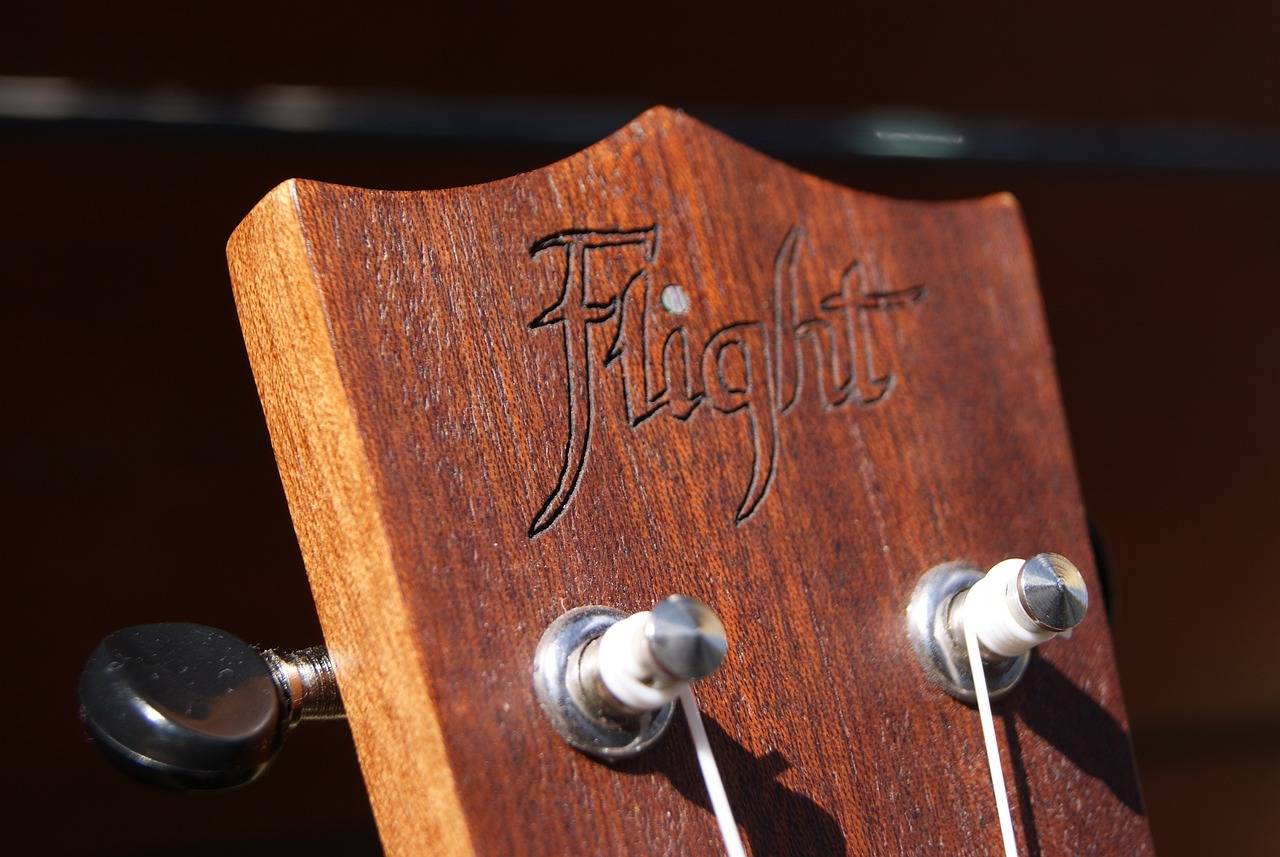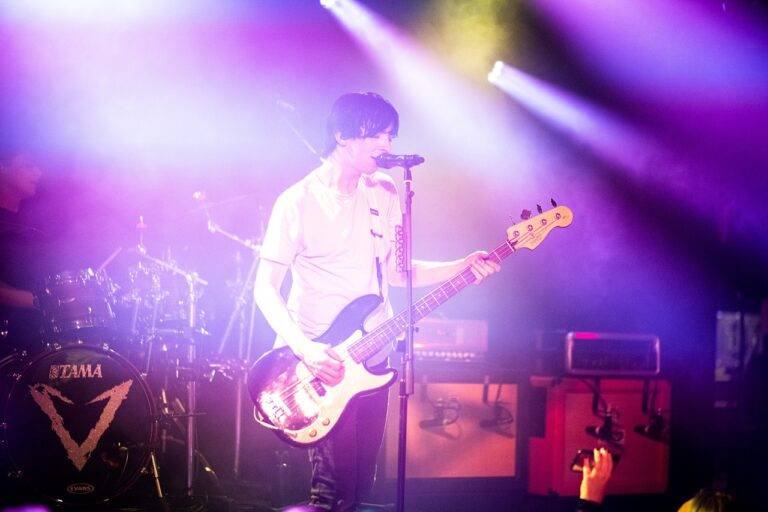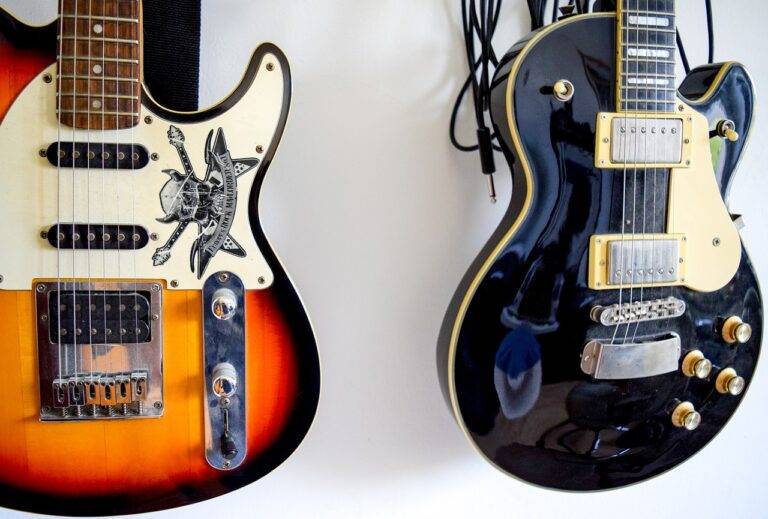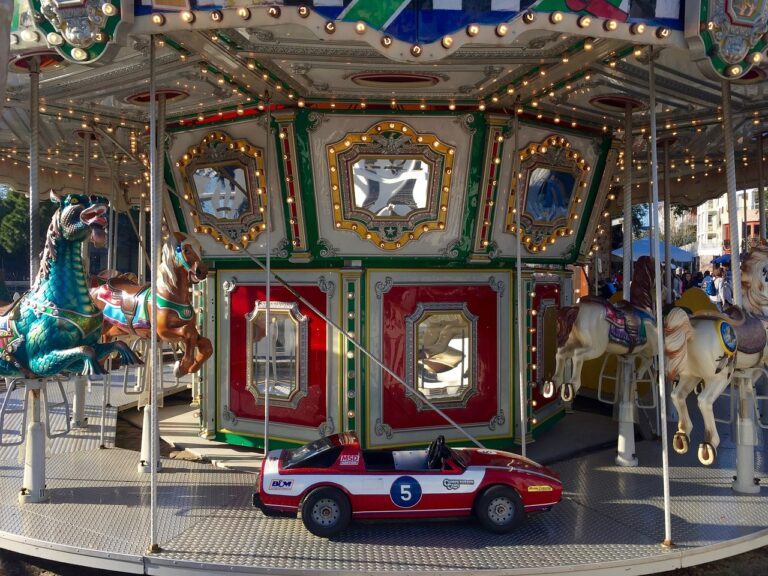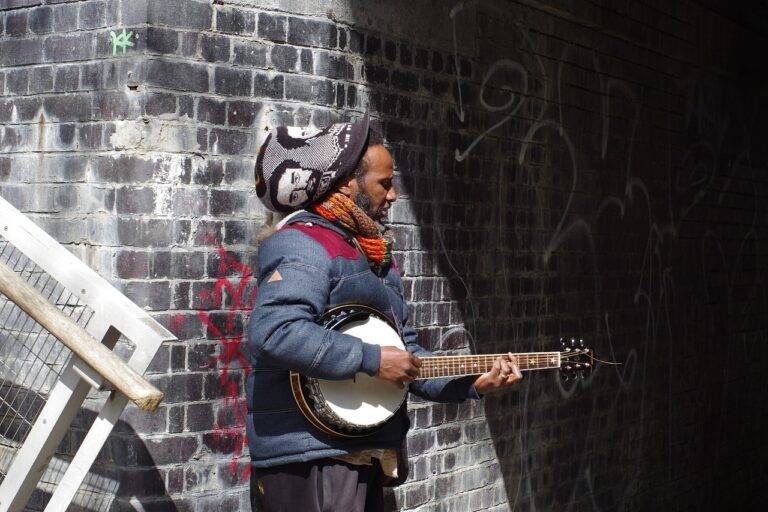The Rise of Virtual Reality in Live Concert Experiences
With the advancements in virtual reality (VR) technology, the live concert experience has been taken to a whole new level. Concert-goers can now immerse themselves in the music and the atmosphere of the event like never before. VR headsets allow fans to feel like they are right in the midst of the performance, giving them a front-row seat from the comfort of their own home.
This technology has also opened up new possibilities for live concerts, enabling artists to reach a global audience in real-time. Fans who might not have been able to attend the concert in person can now experience the show as if they were there in the crowd. VR in live concerts has truly revolutionized the way people consume music, offering a more interactive and engaging experience for all music enthusiasts.
Benefits of Virtual Reality in Live Music Events
Virtual reality technology has been making waves in the realm of live music events, offering concert-goers an unparalleled level of immersion and interactivity. Through VR headsets, attendees can transport themselves to the front row of a concert, even if they are physically miles away. This technology not only enhances the viewing experience but also allows fans to feel like they are truly part of the performance, creating a sense of connection with the artists on stage.
Furthermore, virtual reality in live music events opens up a world of possibilities for fans who may not have the means to attend a concert in person. It provides an accessible alternative for individuals who may have physical limitations, financial constraints, or geographical barriers that prevent them from experiencing live music performances. By bringing the concert to a virtual space, VR technology enables a broader audience to enjoy the magic of live music events from the comfort of their own homes.
Immersive Experiences for Concert-Goers
One of the most exciting developments in the live music industry is the integration of virtual reality technology to create immersive experiences for concert-goers. With the use of VR headsets, attendees are able to feel like they are right in the midst of the concert, even if they are miles away from the actual venue. This technology allows fans to view the performance from different angles, providing a unique and personalized perspective that enhances their overall concert experience.
In addition to offering a more dynamic viewing experience, virtual reality also has the potential to connect fans with their favorite artists in new and exciting ways. Through VR technology, concert-goers can interact with virtual avatars of musicians, participate in virtual meet-and-greets, and even explore backstage areas of the concert venue. This level of engagement not only deepens the bond between fans and artists but also opens up a world of possibilities for innovative and interactive live music events.
How does virtual reality technology enhance the live concert experience?
Virtual reality technology allows concert-goers to feel like they are right in the middle of the action, giving them a 360-degree view of the performance.
What are some benefits of using virtual reality in live music events?
Some benefits include a more immersive and interactive experience for concert-goers, the ability to reach a larger audience through virtual streaming, and the potential for increased revenue streams for artists and venues.
Are immersive experiences becoming more popular in the live music industry?
Yes, immersive experiences are becoming increasingly popular as technology continues to advance and consumers seek more engaging and unique ways to experience live music events.
How can concert-goers access virtual reality experiences at live concerts?
Concert-goers can access virtual reality experiences through special headsets provided at the event, or by using their own VR headset if the concert offers a virtual streaming option.
Will virtual reality technology replace traditional live concerts in the future?
While virtual reality technology offers a new and exciting way to experience live music events, it is unlikely to completely replace traditional concerts, as the energy and connection of being in a live setting can never be fully replicated in a virtual environment.

